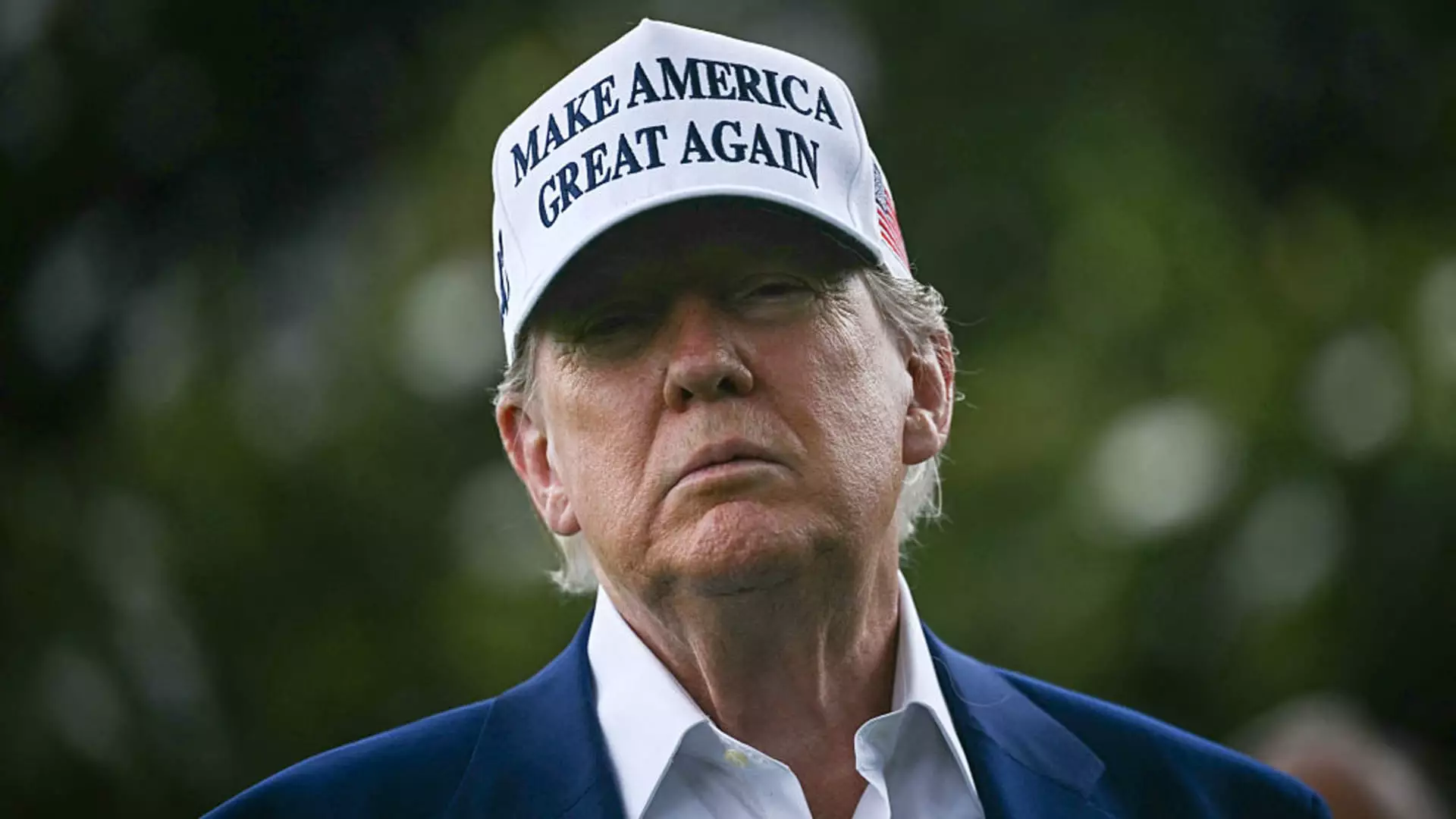In a striking rebuke to President Donald Trump’s administration, Chief U.S. District Judge John McConnell’s recent ruling exemplifies the judiciary’s role as a bulwark against coercive federal overreach. The ruling, which halts the Department of Transportation from withholding billions in transit funding from 20 states, reveals a deep-seated political struggle between states’ rights and federal enforcement actions against immigrants. This landmark decision underscores the problematic nature of obfuscating funding with policy demands that serve to further a hardline immigration agenda.
Federal Funding as a Political Weapon
The unveiling of the Trump administration’s strategy to leverage federal funds as a tool to coerce states into compliance with its immigration policies is both disconcerting and revealing. By issuing directives that threaten to cut off essential transportation funding to state governments that refuse to assist in immigration enforcement, the Trump administration illustrates a troubling willingness to prioritize political objectives over the welfare of communities. The argument that U.S. Transportation Secretary Sean Duffy possesses the legal authority to impose such conditions is not just legally questionable; it is an assault on the foundational principle that federal funding should not be weaponized for political gain.
This tactic raises alarming questions about the implications for democracy: When federal funds—critical for maintaining infrastructure—are held for ransom, what does that say about the administration’s respect for states’ autonomy? Such a strategy appears less about upholding the law and more an effort to instill a culture of fear and compliance across the states that dare to oppose the administration’s draconian measures.
Chilling Effect on Local Governance
The implications of such federal overreach extend beyond immediate financial concerns. States that have enacted sanctuary laws often do so in the pursuit of public safety and community trust, recognizing that collaboration with federal immigration authorities can lead to distrust between local law enforcement and immigrant communities. By threatening funding, the federal government not only compromises the ability of these states to serve their citizens effectively but also risks creating environments where fear and division flourish.
The legal challenge brought by Democratic state attorneys general illustrates a critical defense of local governance and the principle that states should have the autonomy to enact and enforce their own laws without federal coercion. In an era where political discourse is increasingly polarized, this case may signal a much-needed pushback against tactics that seek to centralize power at the expense of local needs and rights.
The Ripple Effects of Federal Overreach
The ruling reaffirms the role of the judiciary in checking executive power, a necessary counterbalance in a democratic society. As the Trump administration pushes forward with its agenda—often disregarding the complexities inherent in immigration policy—the judiciary serves as the reminder that responsible governance cannot be forged through fear tactics or punitive measures against states that merely seek to protect their residents. The decision by Judge McConnell offers a glimmer of hope that legality may prevail over political machinations, showcasing that there are still systems in place designed to protect diverse interests in a pluralistic society.
In the grand tapestry of American governance, such judicial rulings are pivotal moments that remind us of the intricate balance between federal authority and state independence, rejuvenating the discourse on what it means to uphold justice and equity in our evolving social landscape.


Leave a Reply